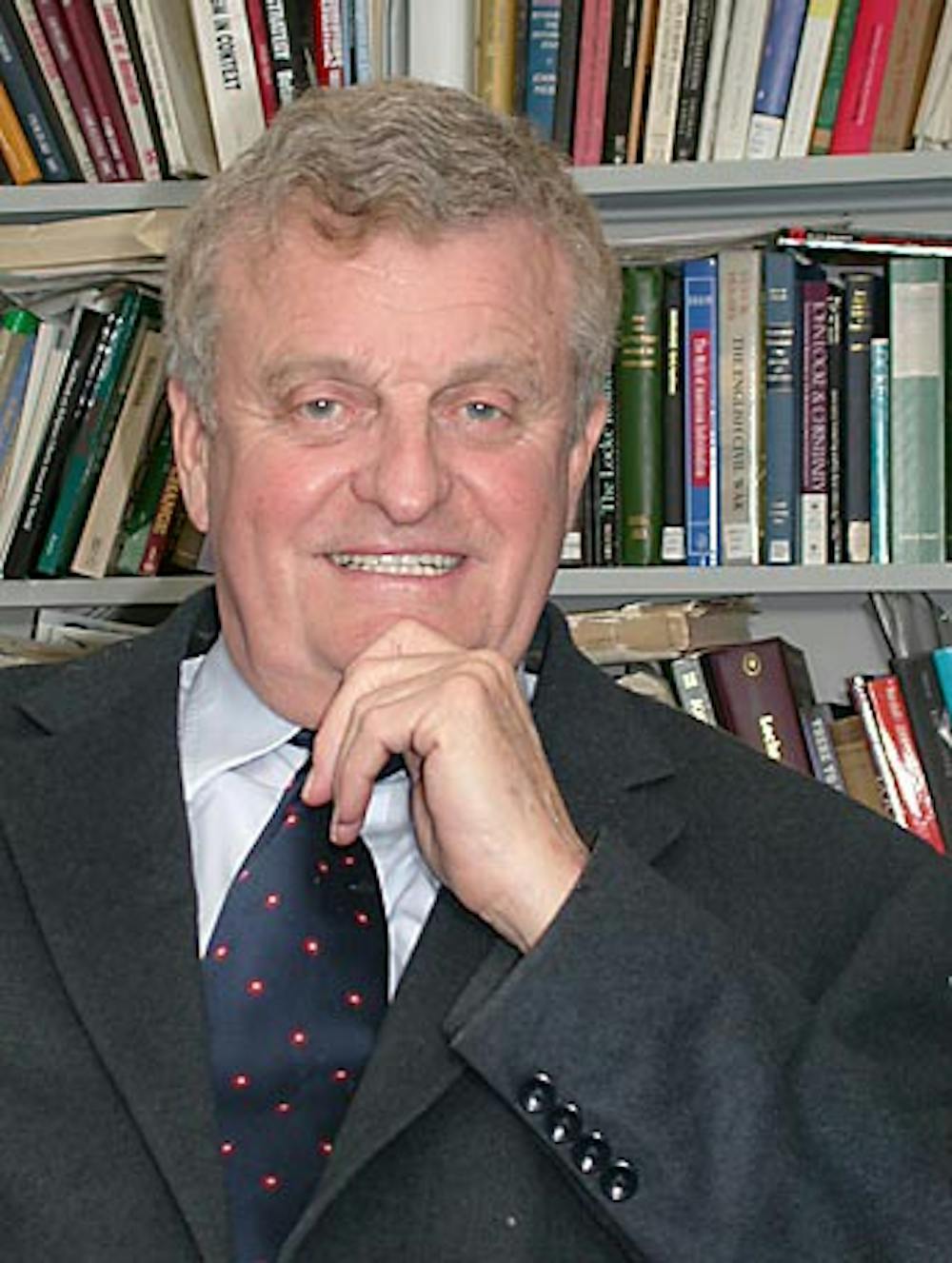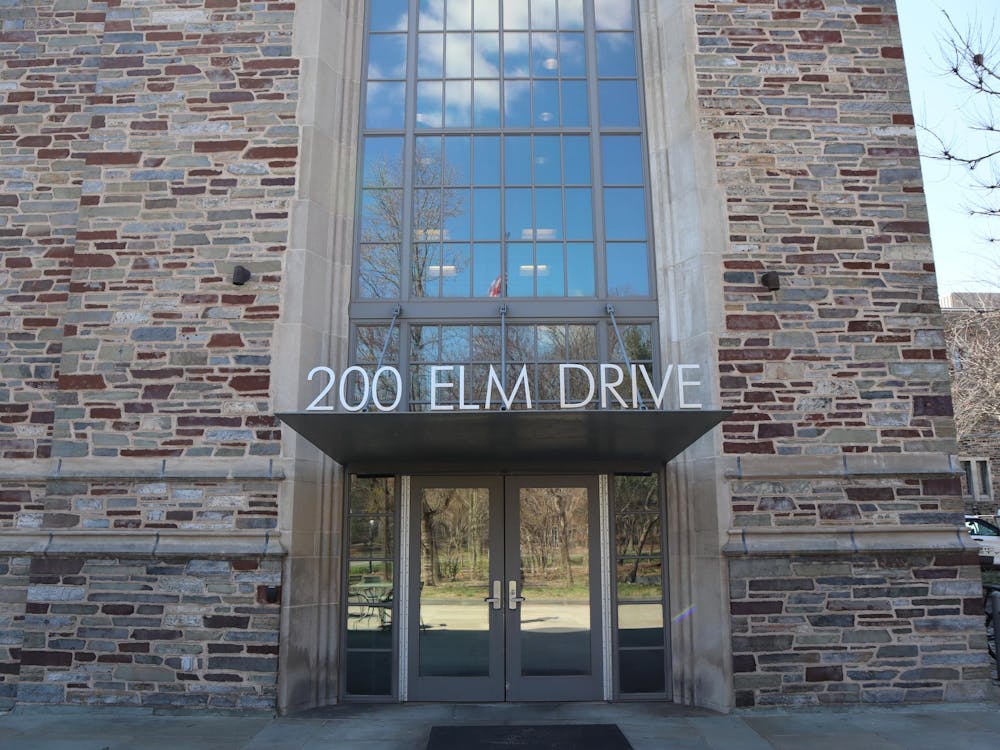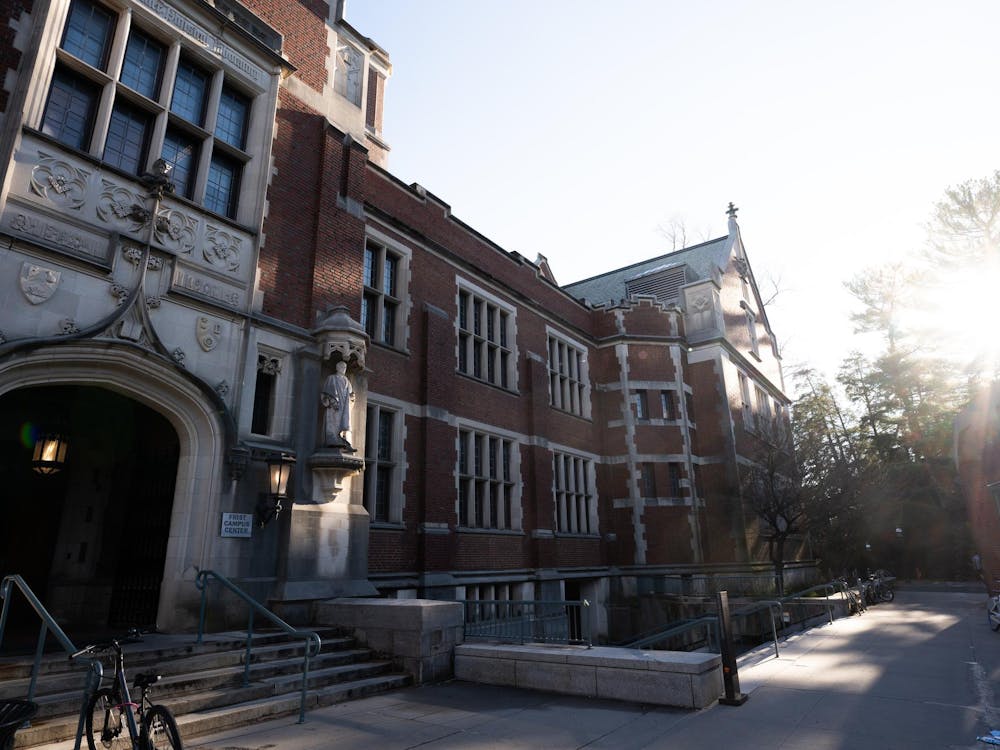Paul Sigmund, professor emeritus in the politics department, died at the University Medical Center of Princeton at Plainsboro on Sunday from pneumonia, his family confirmed. He was 85.
An expert in medieval political theory, comparative politics and Latin American — particularly Chilean — politics, Sigmund began his career at the University in 1963 and retired in 2005.
During his tenure, he developed his work on Chilean politics into an expertise in liberation theology, particularly in Central America, in the 1980s. He also helped establish the Latin American studies program at the University and served as its director for seven years.
Rubén Gallo, a professor of Spanish and Portuguese languages and cultures and the director of program in Latin American studies, described Sigmund as an “old-fashioned gentleman scholar” who was an active, integral member of the program.
“He was someone who would come to lectures and have very intelligent questions,” he explained. “He was able to go in and make a perfectly composed comment or question. He would try to raise the intellectual level of the discussion. It wasn’t the question of being for or against — it was trying to think of political ideas.”
Gallo said he and Sigmund would often have dinner with the guest speakers of these lectures, calling him “a very smart dinner companion.” In discussing any political topic, he said, Sigmund was elegant and lucid, a “careful thinker and true intellectual.”
John Londregan, professor in the politics department and in the Wilson School, praised Sigmund’s dedication to research in Chilean politics.
“He’s been making research on South America since the early sixties and kept at it right until the end, remaining in contact with the people there,” he said.
Sigmund helped arrange Londregan’s field work in Latin America on military coups by finding a suitable institution and volunteering to search for contacts to make it possible for Londregan to travel to Chile.
Stephen Sigmund, one of Sigmund’s three sons, said his father was someone who loved life and the joy of learning and that his work was his life. Stephen Sigmund also said his father loved going to the beach and traveling, but even his travels were connected to what he was most passionate about: teaching and learning. Paul Sigmund often traveled to Chile.
“He was ateacher as a person too,” Stephen Sigmund said. “He was somebody who really wanted to talk to you about interesting things, talk to you about your life and share the learning experience. People walked away from a conversation with him knowing more and feeling better than they did walking into the conversation.”

Gallo, Londregan and Stephen Sigmund all noted that Paul Sigmund most enjoyed the University’s supportive and intellectual community. Stephen Sigmund testified that his father kept in close contact with his students and often hosted dinners.
“He had students and professors living with him on the third floor of our house for 20 years after our mother died because he wanted people to have dinner with and have intellectual conversations with,” Stephen Sigmund explained. “You never walked away from a conversation with him feeling like you were belittled or put down, but rather like you were listened to and heard.”
Sigmund’s wife, Barbara Boggs Sigmund, was mayor of Princeton from the mid-1980s to her death in 1990.
Stephen Sigmund recounted his childhood days during which he went to the University League Nursery School as an example of his father’s love for the campus and the University.
“Every morning my dad would put me on his shoulder and bike me over to the nursery school, go to the office, come back on the bike, pick me up and put me on the shoulder and take me back,” Stephen Sigmund said. “He loved being around the campus and would bring his kid to the University daycare on the bike.”
Born in Westfield, N.J., and raised in Philadelphia, Sigmund graduated summa cum laude from Georgetown University with a bachelor’s degree in 1950. In 1959 he earned his doctorate degree from Harvard University, where he taught for four years before coming to the University.
He also studied at the University of Durham in the United Kingdom on a Fulbright Scholarship, the University of Paris and the University of Cologne.
He was a member of the boards of Georgetown and the Carnegie Council for Ethics in International Affairs as well as the Council on Foreign Relations. Furthermore, he was a fellow at the Woodrow Wilson International Center for Scholars and the Institute for Advanced Study and received fellowships from the National Endowment for the Humanities and the Harry Frank Guggenheim Foundation.
Some of his published works include “Nicholas of Cusa and Medieval Political Thought” and“Natural Law in Political Thought.”
In 2001, he was the first American to receive the Bernardo O’Higgins Order of Merit, awarded by the Chilean government.
He is survived by three sons Paul IV, David and Stephen, two brothers, two sisters and four grandchildren.
Sigmund's wake is scheduled to take place on May 1 from 6 p.m. to 9 p.m. at Stuart Country Day School. The funeral mass will be held May 2 at 1:30 p.m. in the University Chapel, followed by a reception at Prospect House. He will be buried at Princeton Cemetery.









